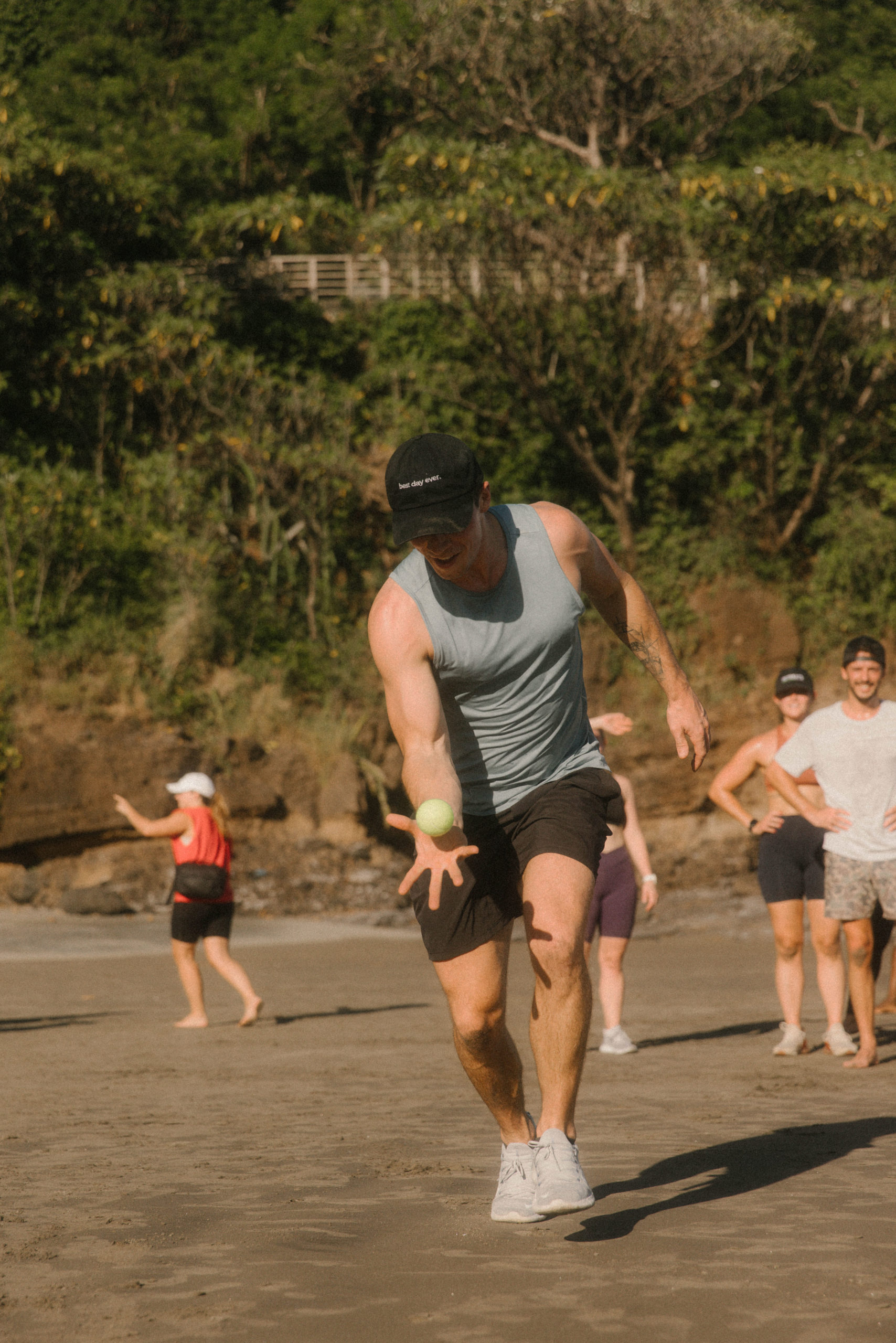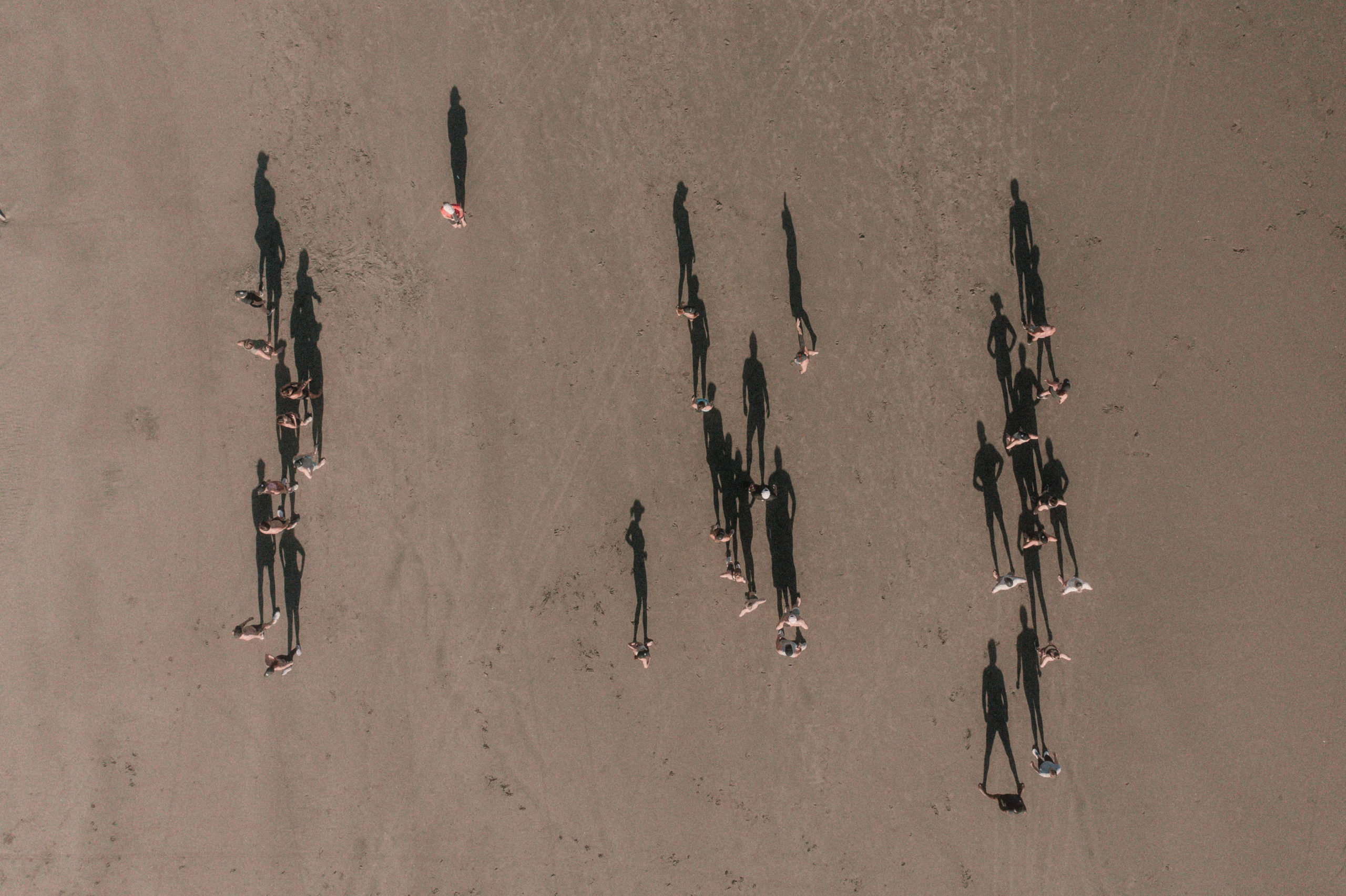“Race Day”: When Intensity is More Important Than Consistency

August 7, 2019
We are firmly in the camp that prioritizes consistency over intensity for the majority of work done in pursuit of a goal (i.e. your next race), whether that comes in the gym or in the office.
This discussion fits perfectly within the context of “Performance vs. Longevity” – when is it worth it to prioritize performance in the short-term at the sacrifice of some longevity?
Personally, there are things we’d sacrifice a longer life for in order to have better quality of life. If you have the chance to do something truly great, the time is now. This should be calculated, and you should understand the consequences.
Training at 80%
“Training” at 80% effort more often usually leads to better results over the long-term than training at 100% just once in a while; in the gym it’s certainly true for things like flexibility, strength, and endurance and in the office it’s true for making consistent progress.
Just think, one all-nighter has lasting effects instead of getting to bed on time and getting back to it the following day. Sacrifice longevity for performance, and you must pay for it by recovering after the fact.
The body (and mind) need stress, however, we want it to be eustress. It should produce a physiological response, which we then need to respect by starting the recovery process. This might be soft-tissue work in the gym and it’s certainly proper nutrition and sleep outside of work. The consistent “eustress” should build a foundation on which we can apply intensity.
Progression Stages for Race Day
Here is the progression for what this looks like:
- Training (consistent weeks/months/years)
- Competition (intense effort)
- Recovery
- Repeat
The competition stage is where we access, push, and break our physical and mental limits. Then, the goal is to push the boundary of what we think we’re capable of (hint: it’s so far beyond your imagination).
It’s time for intensity. We take all our “fitness” (read: skills developed) and apply it in competition.
Let’s say you have a big race this week. We understand that these “race competitions” are just small stops on the road to any bigger goal (i.e. running the Chicago Marathon in under 3 hours). Understanding this context is really important; if we push too hard, there is a chance we jeopardize that bigger goal.
Working Towards Your Goal
We often talk about “earning the right to ask complicated questions,” which means we must do the following three things:
-
Prioritize, plan, and prepare for our main goal.
-
Crush the fundamentals by being consistent with the “easy” stuff in order to achieve this end goal.
-
Contextualize individual actions within the timeframe of the larger goal.
Understand there is a consequence to “intensity” – we must recover after the fact (or, at the very least, understand we won’t perform at 100% in the next effort).
A couple things to understand about prioritizing intensity over consistency:
-
It will place a larger amount of stress on your body, which we need to understand in the context of our long-term goals. It’s unwise to do this too often.
-
We need to “recover” as intensely as we perform. Do not layer on more stress by failing to put as much effort into the down-regulation stage.
Down Regulation Tips During Race Week
During a “race week” (read: any stressful week in which we are asked to perform at our highest level), down-regulation is extremely important.
We’ve noticed that a few things work particularly well for us (please note: anecdotally, these work the best for us. We’ve experimented a lot):
CBD
We use CBD for multiple uses, such as the protein bar post-exercise and the tincture pre-sleep. Jason has been utilizing a tincture since his hamstring injury to assist in the healing process and to assist in deeper sleep. CBD can also be used during the day (in a lower dosage) to aid relaxation or creativity.
Cryotherapy, Infrared Sauna, Normatec Boots, Oxygen
During a tough week, we’ll complete cryotherapy 3+ times (especially if sleep was low or mentally we feel drained), and aim to hop in the boots after long runs and hard workouts.
Soft-Tissue Work
We use Hyperice equipment, like the Hypervolt or the Hypersphere, to remove physical stress. “Foam rolling” also has an added benefit of activation the para-sympathetic nervous system, which can be a great way to help fall asleep.
Meditation
During times of down-regulation, meditation can be the most accessible, easy way to remove stress. Simply, it is about focusing on breath. A simple “4-7-8” strategy can be employed (a “count” for the inhale-hold-exhale) for four rounds of breath. This can be done anywhere from your desk, before you walk on stage, in the locker room, or right before bed.
Nutrition
Go with your “guarantee” foods; those that make you feel good (objectively, based on energy) and you know you’ll respond well to. There isn’t time to mess around with trying new foods (note: this is good advice for your race itself – don’t introduce anything new you haven’t tried before).
The Bottom Line
These mitigation strategies can help you perform well, both pre- and post-performance. Sometimes life demands that we apply some intensity. If you like to compete, this might happen more often for you.
The bottom line is we should always be ready to perform; this is why consistent training is so important. Performance often necessitates intensity, but it is the long application of consistency that allows us to apply intensity in the proper manner.
What are you training? What do you have coming up that you know might require some extra effort? Consistency > Intensity…until we need it.
Are you prepared to compete?
Leave a Reply Cancel reply
Tired of reading? check out our podcast.
Available on:
SPOTIFY
Apple podcasts
Listen now
The Best Day Ever Club
Join our exclusive newsletter to be the first to know about upcoming events, product recommendations and future retreats deals.
Thank you!
Your message has been sent. We'll contact you shortly
© 2021 Live Better LLC | Disclaimer | Diversity & Inclusion | Accessibility | Privacy Policy | Retreat Policy | Terms & Conditions | Website design by Isla Luna Studio



